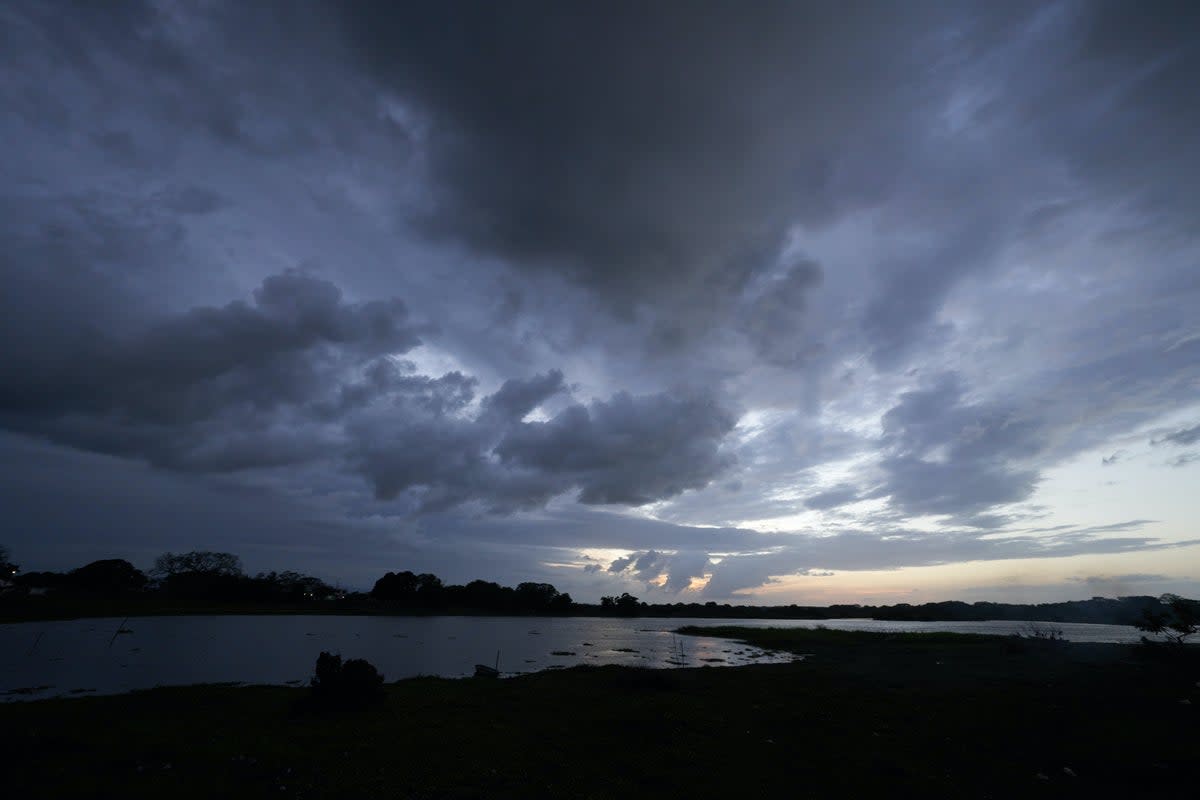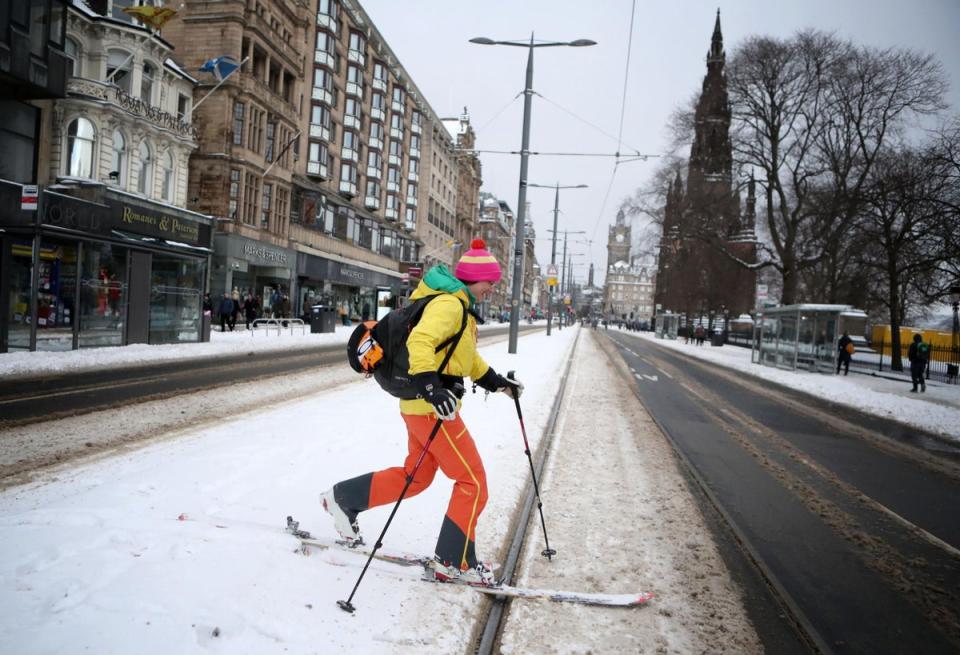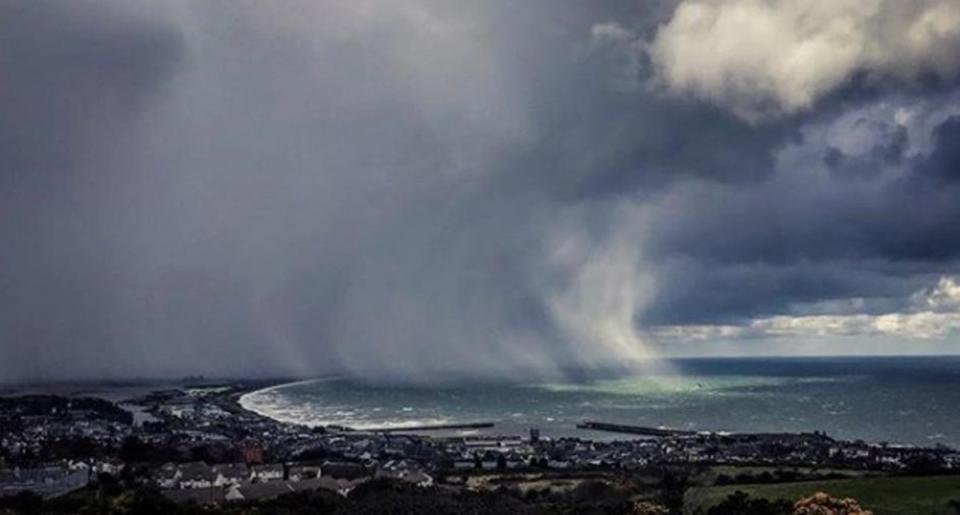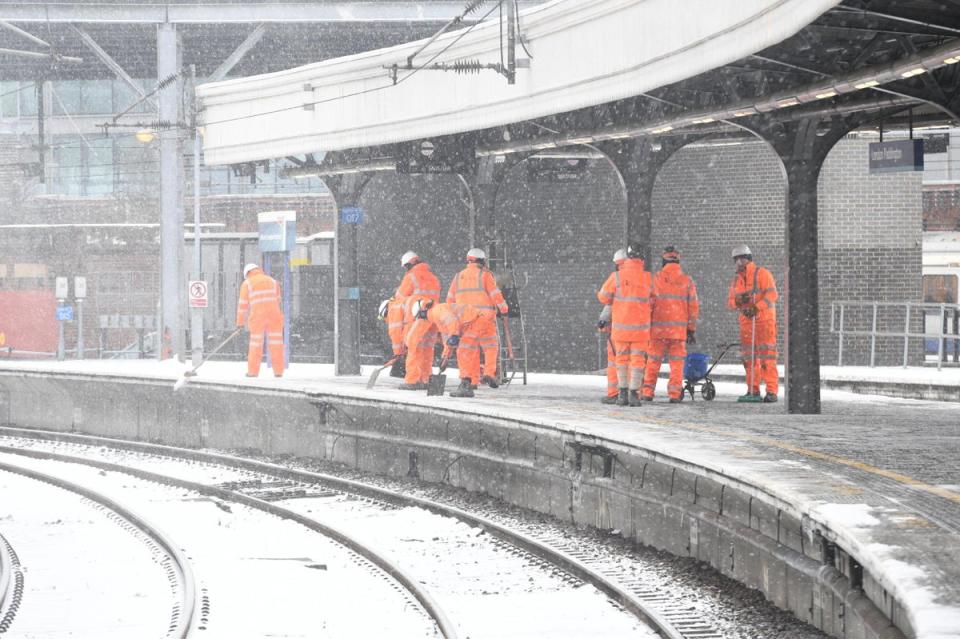What is a sudden stratospheric-warming event? Is the Beast from the East coming back?

The UK is facing a potential return of the Beast from the East after weather forecasters spotted a “dramatic event” in the atmosphere.
The Met Office has found that a sudden stratospheric warming took place in mid-February.
In 2018, a sudden stratospheric warming resulted in the Beast from the East. But this type of weather event does not always produce extreme weather changes.
The Met Office added that it was important to note that “the occurrence of an SSW does not always equate to a ‘Beast from the East’-type scenario even though this happened in 2018.”
“For example, in 2019, there was an SSW but little impact on the weather for the UK and north-west Europe,” the weather service added.
At the moment, the weather forecast is that we will experience cold weather in March.
What is a sudden stratospheric-warming event?
The Met Office says despite the word “warming” in its name, such events can lead to cold conditions, such as those experienced during the 2018 Beast from the East.
A sudden stratospheric warming event is rapid warming above the Earth’s surface. The warming occurs so high up that we don’t feel it, but it affects the weather.
A few weeks after the warming occurs, it can affect the jet stream and create blocking patterns that form large areas of high pressure.
A sudden stratospheric-warming event can also bring easterly winds with high pressure to the east of the UK.
As a result, places in northern Europe, including the UK, will experience a long spell of dry, cold weather. Sometimes, the temperature can drop and result in snow.
UK Weather: Beast from the East freeze - In pictures











Why do sudden stratospheric-warming events happen and can meteorologists predict them?
Sudden stratospheric-warming events happen when winds in the polar vortex weaken or reverse, which causes cold air to descend quickly.
The change in temperature in the stratosphere affects the shape of the jet stream, which impacts our weather.
Meteorologists can predict sudden stratospheric warmings about a week beforehand.
Is the Beast from the East coming back?
The UK is set for colder weather in March, and snowfall is possible. However, it is unlikely that we will see a weather event as severe as the Beast from the East of 2018.
“Although we have had a Sudden Stratospheric Warming event and other drivers pointing towards colder conditions in March, at this stage there is a low probability of having widely disruptive winter weather like that of five years ago in March 2018,” according to the deputy chief meteorologist with the Met Office Mark Sidaway.
“At that time, a large area of high pressure became established over Scandinavia, providing a feed of cold air all the way from Arctic Siberia. This brought intense cold to the UK.”
It’s also unclear where or when the UK will experience snow at the moment.
Sidaway added: “The extended outlook shows the possibility for a series of areas of low pressure to come across the Atlantic, and these bring the potential for some more widespread snowfall as they encounter the cold air, although the location and timing of these is very uncertain for now.
“The exact positioning of the high pressure will be key and will greatly affect what weather we see in the UK.”

 Yahoo Lifestyle
Yahoo Lifestyle 
